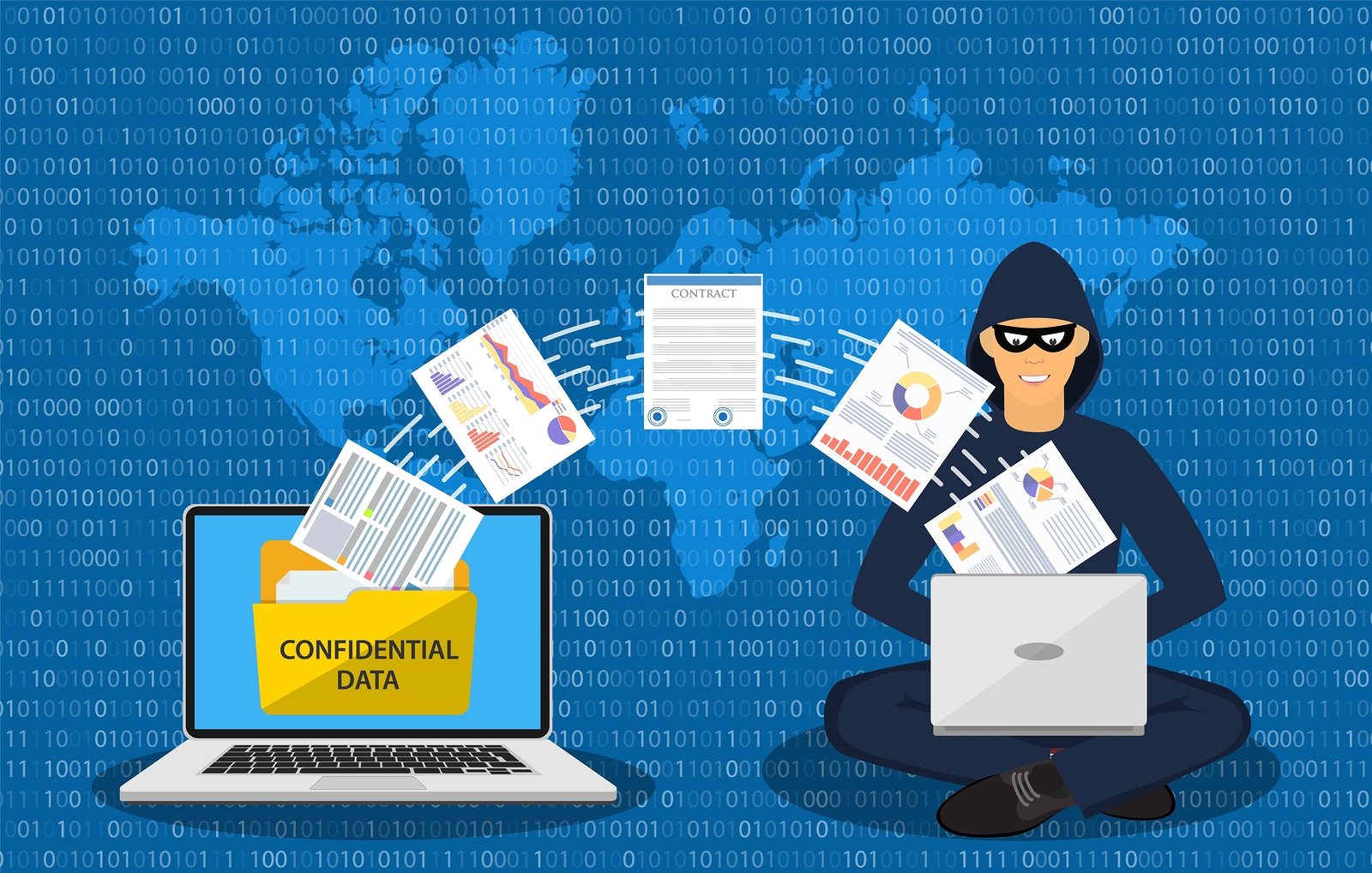Are you confident that your business is secure from cyber threats? With the increasing frequency and sophistication of cyber attacks, it has become more crucial than ever to protect your valuable data and assets. But where do you start? Cybersecurity Fortress is here to help.
In this discussion, we will explore the importance of cybersecurity, the common cyber threats to be aware of, and the key services offered by Cybersecurity Fortress. By the end, you will have a solid understanding of how to build a strong defense strategy and choose the right cybersecurity provider to safeguard your business.
Stay tuned to discover the essential steps in fortifying your business against cyber threats.
The Importance of Cybersecurity
Ensuring the security of your business’s digital assets is of utmost importance in today’s rapidly evolving technological landscape. Cyberattacks can have devastating consequences, both financially and reputationally. The cost of cyber attacks is on the rise, with businesses losing billions of dollars each year due to data breaches and other malicious activities. This highlights the need for robust cybersecurity measures to protect your valuable information.
One crucial aspect of maintaining effective cybersecurity is employee training. Employees play a significant role in safeguarding your business’s digital assets. They’re often the first line of defense against cyber threats, making it essential for them to be well-informed and trained on best practices for cybersecurity. By educating your employees about potential risks, such as phishing emails or social engineering attacks, they can be better equipped to identify and respond to potential threats.
Investing in comprehensive employee training programs can help reduce the risk of cyber attacks. By fostering a culture of cybersecurity awareness, employees become more vigilant and proactive in identifying and reporting suspicious activities. This, in turn, can help mitigate the potential financial and reputational damage caused by cyber-attacks.
Understanding Common Cyber Threats

To effectively protect your business’s digital assets, it’s imperative to have a deep understanding of the common cyber threats that exist in today’s digital landscape. Cybersecurity awareness is crucial in order to identify and mitigate these threats effectively. As technology continues to advance, so do the tactics employed by cybercriminals. It’s essential to stay informed about emerging cyber threats to ensure the security of your business.
One of the most prevalent cyber threats is phishing. This is when attackers use deceptive emails or websites to trick individuals into revealing sensitive information such as passwords or financial details.
Another common threat is malware, which refers to malicious software that can infiltrate systems and cause damage or steal data. Ransomware is a type of malware that encrypts files and demands a ransom for their release.
Other emerging cyber threats include social engineering, where attackers manipulate individuals to gain unauthorized access, and IoT (Internet of Things) vulnerabilities, which exploit weaknesses in interconnected devices. Additionally, insider threats, such as disgruntled employees or contractors, pose a significant risk to businesses.
Key Services Offered by Cybersecurity Fortress
Cybersecurity Fortress provides a range of essential cyber security services to fortify your business’s digital defenses against evolving cyber threats.
One key service offered by Cybersecurity Fortress is managed security services. This involves outsourcing your organization’s security infrastructure and management to a team of experts who’ll monitor and protect your systems 24/7. These services include continuous threat monitoring, vulnerability assessments, and real-time incident response.
Managed security services offer several benefits. Firstly, they provide round-the-clock protection, ensuring that potential threats are detected and neutralized before they can cause damage. Additionally, by entrusting your security to a specialized team, you can free up your internal resources to focus on core business activities.
Another important service provided by Cybersecurity Fortress is incident response planning. This involves developing a comprehensive strategy to effectively respond to cyber incidents and minimize their impact. The process includes identifying potential risks, establishing incident response teams, defining roles and responsibilities, and creating incident response playbooks.
Having a well-defined incident response plan is crucial for minimizing downtime, reducing financial losses, and maintaining customer trust. Cybersecurity Fortress’s expertise in incident response planning ensures that your organization is prepared to handle any potential cyber threats effectively.
Building a Strong Defense Strategy

Building a strong defense strategy requires a comprehensive understanding of your organization’s vulnerabilities and the ability to proactively address potential cyber threats. To begin, building a secure network infrastructure is crucial. This involves implementing robust firewalls, intrusion detection systems, and encryption protocols to protect your data from unauthorized access. Regular network vulnerability assessments and penetration testing can identify weak points in your network and help you address them promptly.
Implementing effective security measures is another essential aspect of a strong defense strategy. This includes implementing multi-factor authentication, strong password policies, and regular software updates to patch any vulnerabilities. It’s also important to train your employees on cybersecurity best practices, such as identifying phishing emails and avoiding suspicious websites.
Additionally, having a robust incident response plan is critical. This plan should outline the steps to be taken in the event of a cybersecurity incident, including containment, eradication, and recovery. Regular testing and updating of this plan will ensure that it remains effective and relevant.
Choosing the Right Cybersecurity Provider
With your strong defense strategy in place, it’s imperative to carefully select a cybersecurity provider that aligns with your organization’s specific needs and requirements. When evaluating cybersecurity costs, it’s essential to consider the value that the provider can bring to your business. While cost is an important factor, it shouldn’t be the sole determining factor.
Look for a provider that offers a comprehensive range of services, including threat detection, incident response, and vulnerability management. Assessing cybersecurity provider certifications is another crucial step in the selection process. Look for providers that have industry-recognized certifications, such as Certified Information Systems Security Professional (CISSP) and Certified Ethical Hacker (CEH). These certifications demonstrate that the provider has met rigorous standards and possesses the necessary expertise to protect your organization’s sensitive data.
Additionally, consider the provider’s experience and track record in the industry. Look for providers that have a proven track record of successfully defending against cyber threats and mitigating risks.
Frequently Asked Questions
How Much Does It Cost to Implement a Cybersecurity Strategy?

Implementing a cybersecurity strategy comes with cost implications that should be considered in your cybersecurity budget. Assessing the specific needs and requirements of your business will help determine the overall cost.
What Are the Legal Implications for Businesses That Experience a Cybersecurity Breach?
If your business experiences a cybersecurity breach, there can be significant legal ramifications. It is crucial to understand the laws surrounding data protection and take necessary measures to safeguard your company.
Are There Any Specific Industry Regulations or Standards That Businesses Should Comply With?
To ensure compliance with industry regulations and standards, businesses must adhere to specific guidelines. These regulations and standards vary across industries. Failure to comply may result in legal consequences and reputational damage.
How Often Should a Business Conduct Cybersecurity Assessments or Audits?
You should conduct cybersecurity assessments or audits regularly to ensure your business is following best practices and effectively managing cybersecurity risks. It’s crucial to stay proactive and vigilant in protecting your sensitive data.
What Are the Potential Consequences of Not Investing in Cybersecurity Measures for a Business?
Without investing in cybersecurity measures, your business risks reputation damage and financial loss. Studies show that 60% of small businesses that experience a cyberattack close within six months due to the devastating consequences.
